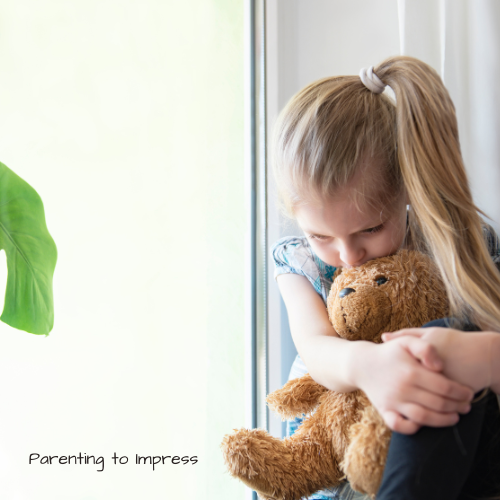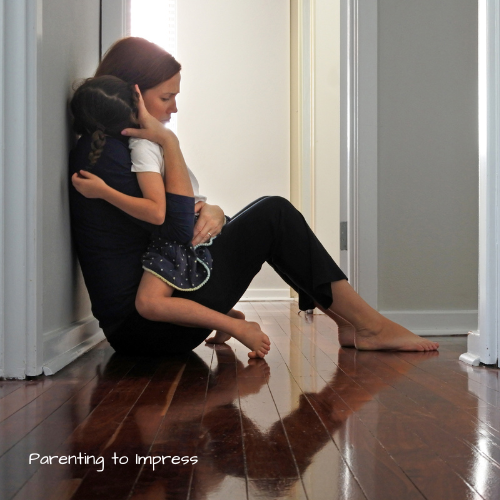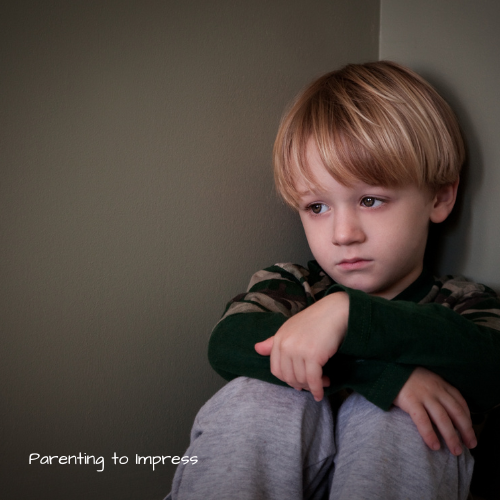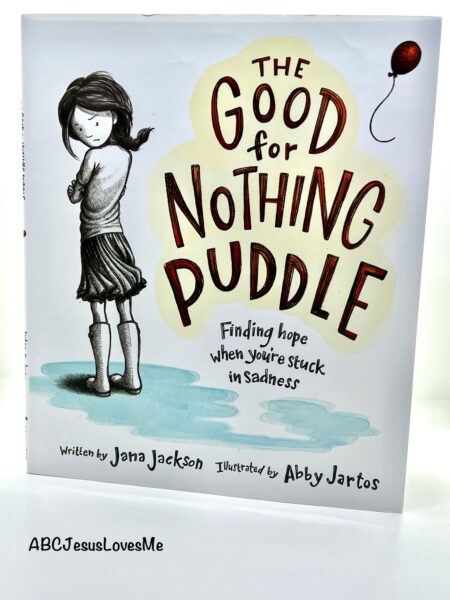When a child experiences loss—whether it’s a grandparent, a pet, or even an unmet expectation—grief can feel overwhelming. As moms and teachers, we want to guide them well, but we may not always know how, especially when we are grieving ourselves. Here are 10 practical ways to help children navigate grief in a healthy way.

1. Prepare Them for What to Expect
If attending a funeral, explain what they will or may see and experience. Use simple, honest language about the casket, the service, and the emotions they may witness. Let them know it’s okay to feel uncomfortable or unsure. Especially with young children, assure them that you won’t leave them alone and that they can sit on your lap at anytime.
2. Model Healthy Emotions
As shared in Raising Emotionally Resilient Kiddos, children learn how to grieve by watching us. It’s okay for them to see sadness and healthy emotional processing, but extreme reactions may make them feel unsafe. Process deeper emotions privately.
3. Provide Age-Appropriate Truth
Tailor your answers to the child’s age and maturity. Answer only the questions they ask, without overwhelming them with information they aren’t ready to process. It’s okay to say, “I don’t know, but we can pray and look for ideas together.”

4. Avoid Forcing Them to Understand Heaven
The concept of heaven is abstract, especially for young children. While it comforts adults, it may not bring peace to a child. Instead of trying to explain eternity, focus on simple truths and share Bible verses about God’s presence in grief, such as:
- Psalm 73:23 “Yet I am always with you; you hold me by my right hand.”
- Revelation 21:4 “He will wipe every tear from their eyes. There will be no more death or mourning or crying or pain, for the old order of things has passed away.”
- Psalm 56:8 NLT “You keep track of all my sorrows. You have collected all my tears in your bottle. You have recorded each one in your book.”
- Find more on the ABCJesusLovesMe website
5. Understand That Emotions Will Ping Pong
Grief isn’t linear. A child may cry one moment and laugh the next or show signs of regression, such as disrupted sleep or potty-training setbacks. This is normal.
6. Don’t Assume How the Child is Feeling
Not all children cry when grieving. Some may act out, withdraw, or ask many questions. Allow them to grieve in their own way without pressuring them to respond like you do.

7. Use Creative Outlets to Help the Child Put Their Feelings into Words
Children may struggle to express emotions verbally. Help them name their feelings: “I see you’re angry. What’s making you feel this way?” Encourage drawing how they are feeling, modeling with play dough, playing outside, or side-by-side activities like playing, which may help them open up.
8. Stick to Routines as Much as Possible
Consistency provides security. Keep regular activities like playing outside, reading, or mealtime routines. Even during travel, maintain consistent meal and bedtimes as much as possible. The routine of nightly prayer and Bible reading remind the child that not everything has changed.
9. Read Quality Books on Grief
Books provide children with language and understanding about grief. Consider these books:
- The Goodbye Book
- The Invisible String
- God Gave Us Heaven
- The Good for Nothing Puddle (see below)
- Find more on the ABCJesusLovesMe website
If you have a family member in Hospice, talk to the Hospice Chaplain for more suggestions. Books are a great avenue to provide vocabulary when you don’t know what to say.
10. Seek Professional Help if Needed
If you see the child stuck in the grief process, withdrawing, or experiencing a large personality change, consider seeking professional help. This doesn’t mean you failed in guiding the child through grief. Professionals have tools and strategies to help a child process their emotions in a age-appropriate way that promotes healing.
Grief is a journey for both adults and children. By walking with them patiently and lovingly, we can help them process their emotions in a way that brings healing and peace.

The Good for Nothing Puddle
You know those books that move you so deeply, you want to tell everyone about them? The Good for Nothing Puddle was that kind of book for me. As I read, I immediately thought of friends and families walking through grief and made a mental note to share this powerful story with them.
The book tells the story of a young girl who loses someone she loves deeply. In her sadness, she tries to bury her emotions and wonders where God is in her pain. But, in a gentle and beautiful way, the story reveals how God brings purpose and beauty through grief. Written by Jana Jackson, a mom of four girls who lost her husband, this book opens the door for honest conversations with children about loss.
I highly recommend adding this book to your library—you’ll be thankful you have it when the need arises.

Thank you to Frontgate for providing me the opportunity to review this book. These thoughts are 100% my own.